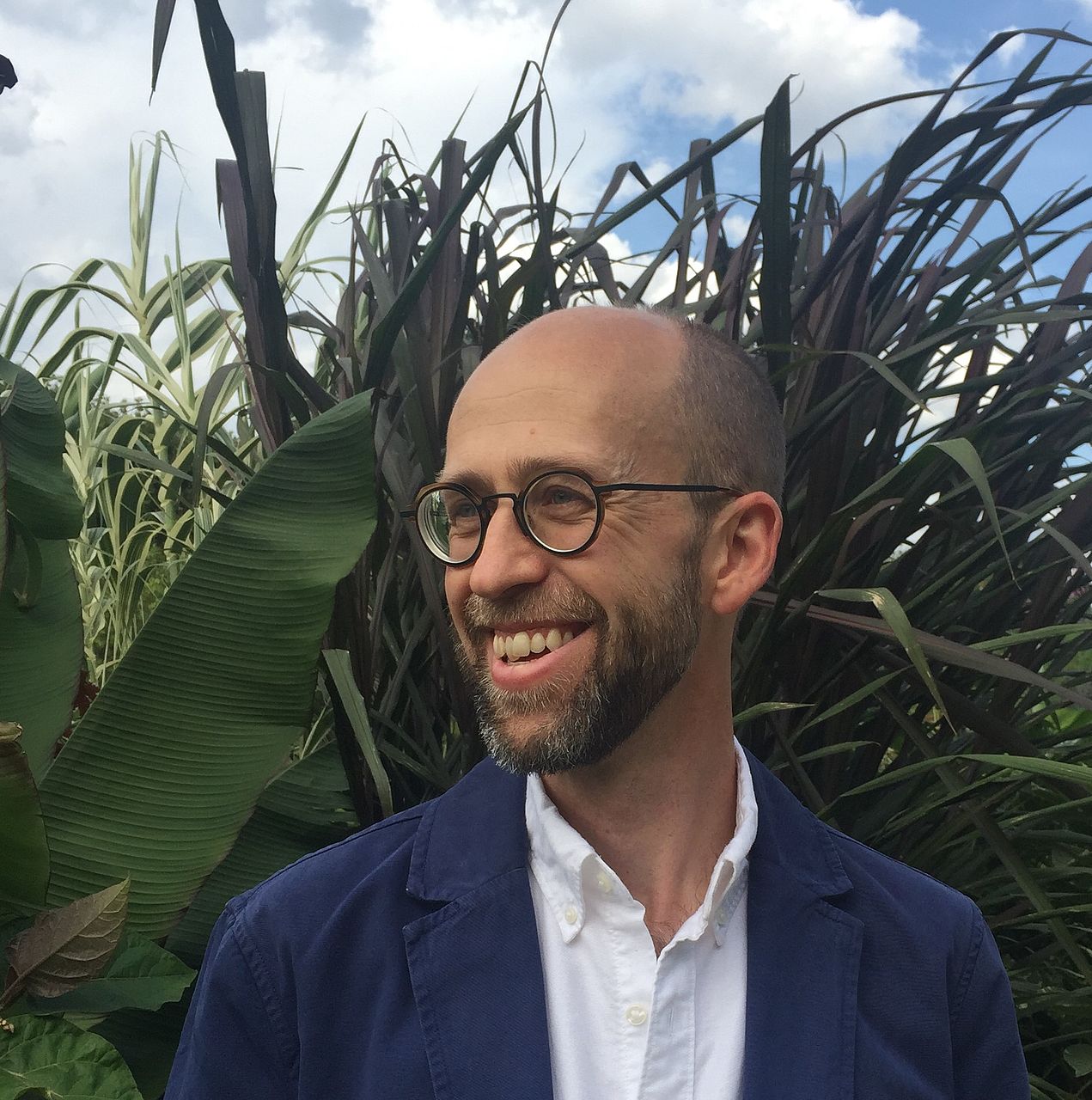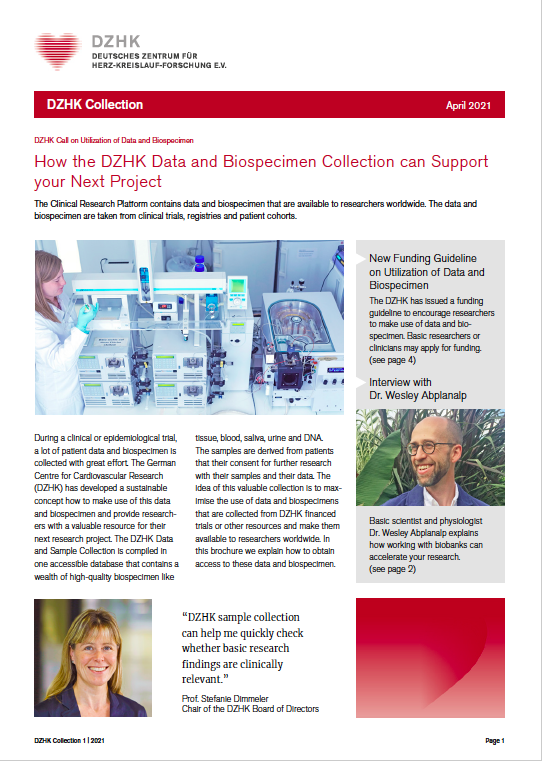How often have you worked with data and samples from biobanks and especially with the DZHK biospecimen repository?
I have much experience using data and biospecimen from biobanks. I appreciate having the opportunity to use the DZHK Data and Sample Collection because it is collected following standard protocols. Also, the ethical permission to use the material is already taken care of, and it is easy to access the material. The DZHK data and sample collection is of use to almost any basic scientist. What you can make with it is only limited by the researcher's creativity: looking at immune cell parameters and how these might be influencing cardiovascular function, biomarker detection, toxicological assessments, cardiovascular physiology, and functional insights, to mention a few.
How has the DZHK data and sample collection helped you with your research?
When I am starting a project, I prefer asking what the most significant changes in a human population are rather than building my research up from a signaling pathway that you hope at some point will have some human applicability. To do that, you need human biospecimen and real patient data to start with. The biobank of the DZHK collection is an excellent resource for that.
What are the advantages of using the DZHK collection?
It is much cheaper and more time-efficient to use an existing resource like the DZHK collection and ask for samples and data from a specific patient population than starting your own collection. Using human biospecimen as a starting point for basic research helps young researchers publish their data more quickly. Manuscripts that use human data (likely from biobank samples) may even be published with fewer revisions, as there is clear applicability to human health. I have seen this multiple times in my career. Also, including supportive human data in grant applications can only increase your likelihood of success.
Background
The DZHK collection includes data and samples originating from 20 clinical trials, registries and cohorts to date, which have been collected in a standardized manner as part of the clinical research platform. They are available to researchers worldwide.
DZHK Call on Utilization of Data and Biospecimen
A call for funding guidelines is currently underway to support studies and projects that utilize data and specimens from four DZHK data and specimen collections. More information about the funding guideline can be found in this newsletter.
The interview was conducted by Christine Vollgraf and Wiebke Lesch.


